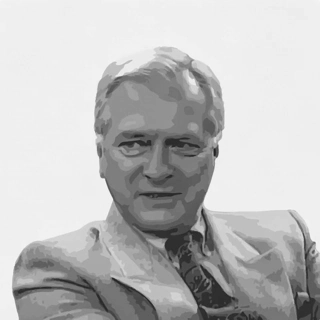
Death anniversary of George Grizzard


George Grizzard was highly regarded in theater circles because he covered an unusually wide range of roles. As early as the 1960s, he attracted attention for his performances in plays that thrived on their emotional complexity. Unlike many of his contemporaries, he avoided committing himself to specific character types. Instead, he was attracted by the challenge of constantly exploring new facets - sometimes in biting social satires, sometimes in thoughtful dramas. Anyone following his work could observe how he occasionally interspersed a subtle irony even in serious material, allowing the mood to change in a fraction of a second. It was precisely this courage to risk something new again and again, even in seemingly familiar roles, that made him a valued partner on stage for directors.
George Grizzard also often brought an unexpected depth to television. One impressive example of this is his special guest appearance on “Golden Girls”: in a dream episode, he briefly appeared as George Devereaux, Blanche's long-dead husband. Although this scene only made up a fraction of the plot, he managed to set a special accent. For a moment, the otherwise humorous series was tinged with a melancholy that pulled the audience out of its usual flow of laughter. It was typical of Grizzard to find the tone of voice that makes a character unmistakable, even in a small television segment. His acting technique was based less on exaggerated gestures than on precise nuances in facial expressions and voice.
Long after his death, it is not only major theater productions that keep his name alive. Short TV appearances such as the one in “Golden Girls” also bear witness to his sense of nuance, which he had retained throughout his entire acting career. He knew how to give even fleeting roles a special touch without pushing himself to the fore. It was precisely this combination of discreet stage presence and lasting impact that made him an exceptional phenomenon. Anyone who looks at his work today will find neither loud self-dramatization nor fixed stereotypes. Instead, one encounters an artist who proved his curiosity and dedication anew with each new role. This is a legacy that many who are looking for that special connection between performer and audience in the theater or on television can draw on.
Feedback

Are you missing information, have you found a mistake or would you like me to link to your content or publish a comment from you? Then please send me an e-mail!








